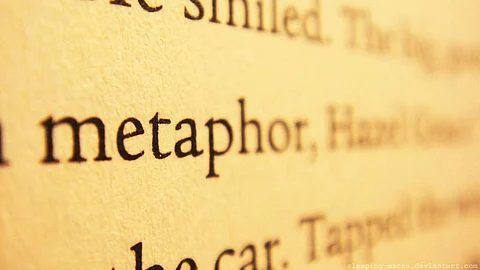

A few days ago, I had a pleasant encounter with a priest friend whom I have admired a lot for his simple lifestyle and command over English. This surprise encounter, after a gap of two long decades, helped me recollect numerous encounters I had with him. I met him for the first time in 1987 and I was in close contact with him till 1997. He had a positive impact on me in many ways. His impeccable pronunciation, careful diction and metaphorical expressions attracted me towards him. The moment I met him, the word ‘buttonhole’ and a few other metaphorical expressions crossed my mind. In one of his letters to me, he used the word ‘buttonhole’ in a very vivid manner. Though I do not use the word frequently, it is still fresh in my mind.
The word ‘buttonhole’, when used as a noun, has this literal meaning ‘a slit made in a piece of clothing to receive a button’. Sometimes, buttonholes are used for other purposes such as holding a flower. William Makepeace Thackeray uses it in that sense in this beautiful quote: “When I walk with you I feel as if I had a flower in my buttonhole.”
Buttonhole, when used as a verb, has these meanings: 1) to make buttonholes in a garment, and 2) to stop someone and engage in conversation with the person against their will. In other words, it means ‘to confront someone against their will’. It is the second meaning which I would like to discuss here. It is used metaphorically. It is common for people to confront someone by holding their shirt or jacket. Look at the examples below:
Words can have either literal or figurative meanings. Words and phrases which are used figuratively have meanings that are different from the literal interpretation. Some words which were used metaphorically have now gained acceptance and are commonly used. Look at this example.
When we call someone a couch potato, we mean that the person is fat and inactive, and watches a lot of television in an idle manner. Why are such people called couch potatoes? Normally, lazy people prefer lying on the couch because it gives them the comfort they seek. People who are fat are referred to as potatoes which are mostly round or irregular in shape.
People who are imaginative use metaphors. A metaphor compares two unrelated objects or actions without using the terms ‘as’ or ‘like’. Here are some examples of metaphors for love: Love is not a bed of roses. Love is a garden of flowers. Love is an endless journey. Metaphors are literary terms and they can have multiple interpretations. Here are more examples of metaphors.
